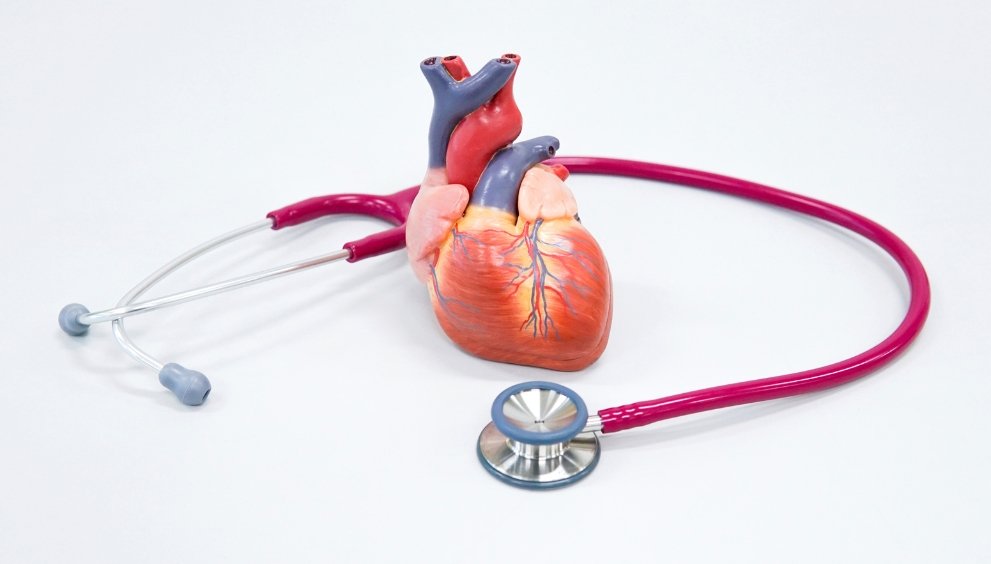Is Intermittent Fasting Right For You? Pros, Cons and Tips.

As a dietary approach, intermittent fasting has gained immense popularity, offering numerous benefits, including weight loss, gut health maintenance, and improved other health markers. Like any other dietary intervention, it has both pros and cons, and therefore, it is not suitable for everyone. Let’s have a look at this:
1. What is intermittent fasting?

Let’s clear this first that intermittent fasting is not any diet, but rather it is an eating pattern that revolves between periods of eating and voluntary fasting, which involves consuming either very few or no calories at all. The common methods are given below:
- Time-restricted eating: This method involves eating food within a specific time each day, for example, the 16/8 method, in which fasting is for sixteen hours and eating takes place within eight hours.
- 5:2 method: It involves eating normally for five days a week and then specifically restricting calories (e.g., 500-600 calories) on the other two non-consecutive days.
- Alternate day fasting: It involves alternating between days of normal eating and days of specific calorie restriction or complete fasting.
2. Pros of Intermittent Fasting:

Here are the pros of intermittent fasting that you must check before doing intermittent fasting:
Weight loss:
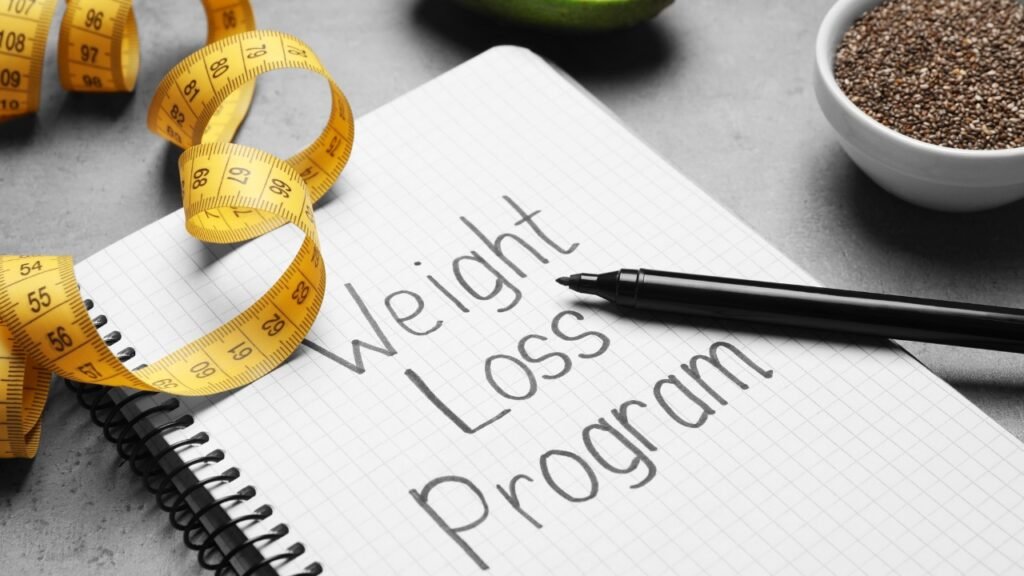
Intermittent fasting can lead to weight loss for fat reduction as it promotes “metabolic switching,” where the body, after the depletion of its stored glucose, sparks the burning of stored fat energy.
Improvement of Metabolic Health:
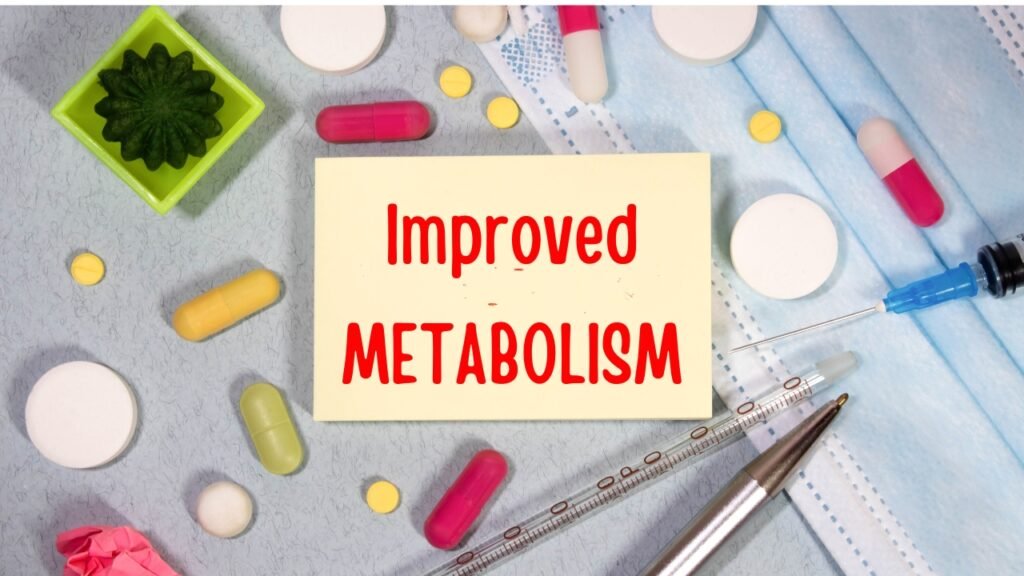
- Insulin Sensitivity: It can improve and help in lowering insulin levels, which is helpful for the prevention of type 2 diabetes.
- Reducing bad cholesterol: Researches suggest that intermittent fasting can help in the reduction of bad fats such as LDL cholesterol and triglycerides.
Autophagy:
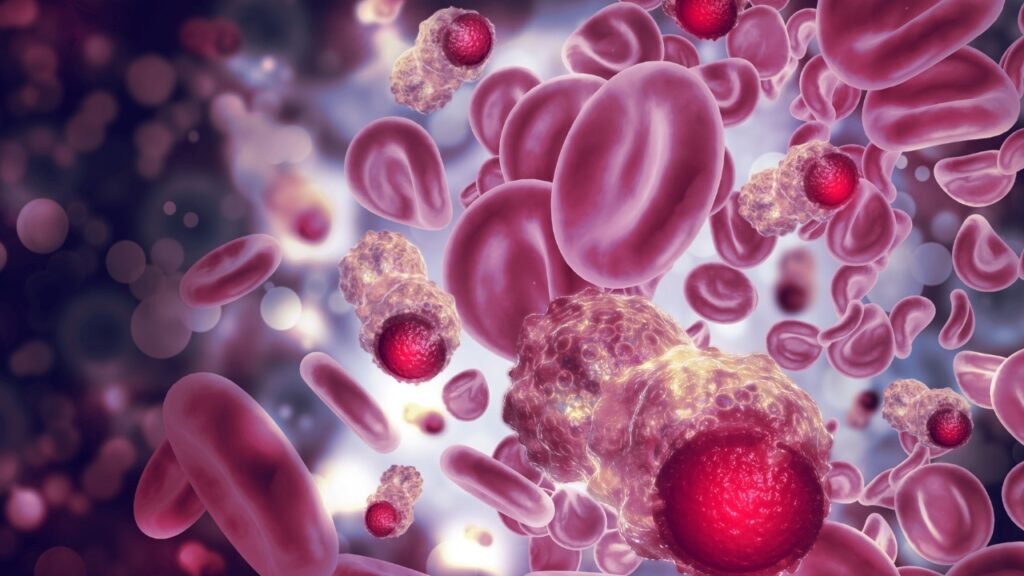
Our body initiates the cellular repair process, where cells remove dangerous and odd components, helping in protection against diseases, and has an anti-aging effect.
Brain health benefits:

Intermittent fasting helps in the growth of new cells, improves cognitive function, and protects against neurodegenerative diseases such as Alzheimer’s.
Simplicity and Adherence:

Intermittent fasting is easier to approach than the traditional calorie-burning diet, and this can lead to better long-term adherence.
Circadian rhythm:

This time-restricted eating can align eating patterns with a body’s natural rhythms, leading to the improvement of metabolic health.
3. Cons of Intermittent Fasting:

Following are the Cons of Intermittent fasting that you must know before doing intermittent fasting:
Nutrient deficiency:

This restricted eating pattern can lead to less intake of important vitamins, minerals, and nutrients.
Overeating:

Many people compensate for this fasting by overeating during their eating period, negating the pros.
Issues in digestion:
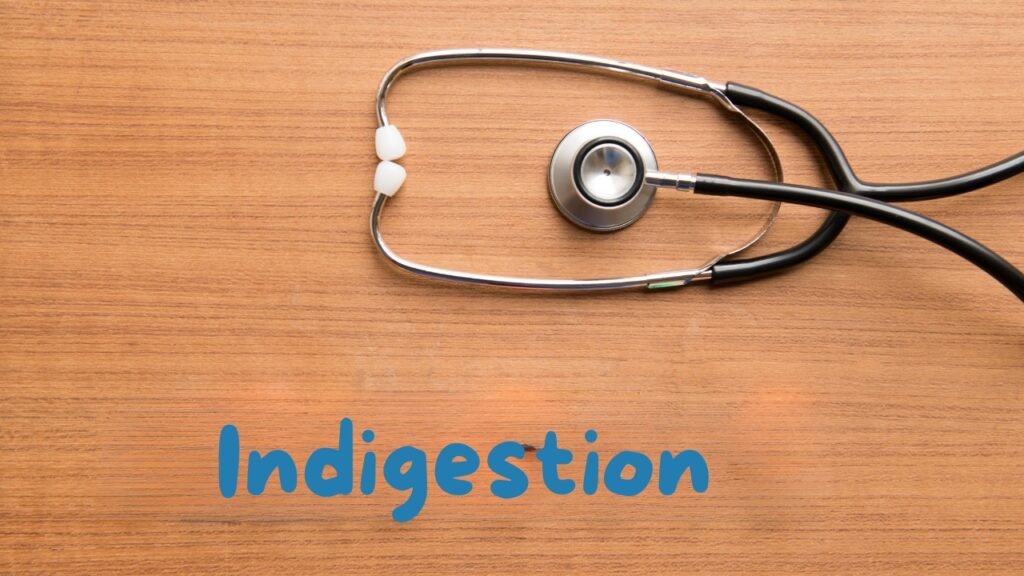
Sometimes the changes in eating patterns can harm our digestion and lead to problems such as bloating, constipation, or indigestion.
Muscle loss:
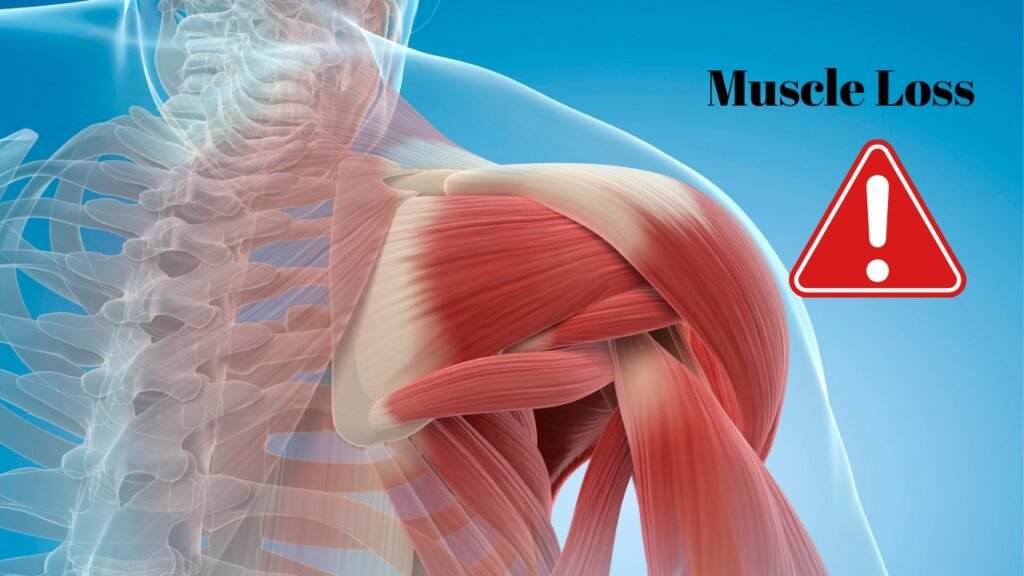
The less protein intake during intermittent fasting leads to the risk of muscle loss.
Impact on the social life:

Changes in intermittent fasting involve skipping meals, which can make social eating difficult.
Disordered Eating:
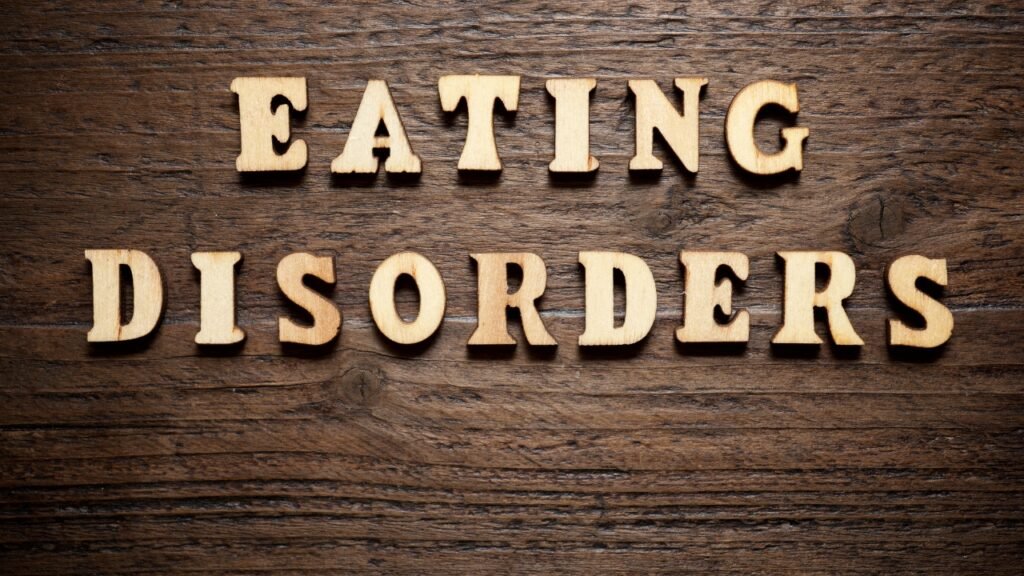
For people who have a long history of eating disorders, this type of fasting can potentially trigger those eating patterns.
Cardiovascular diseases:
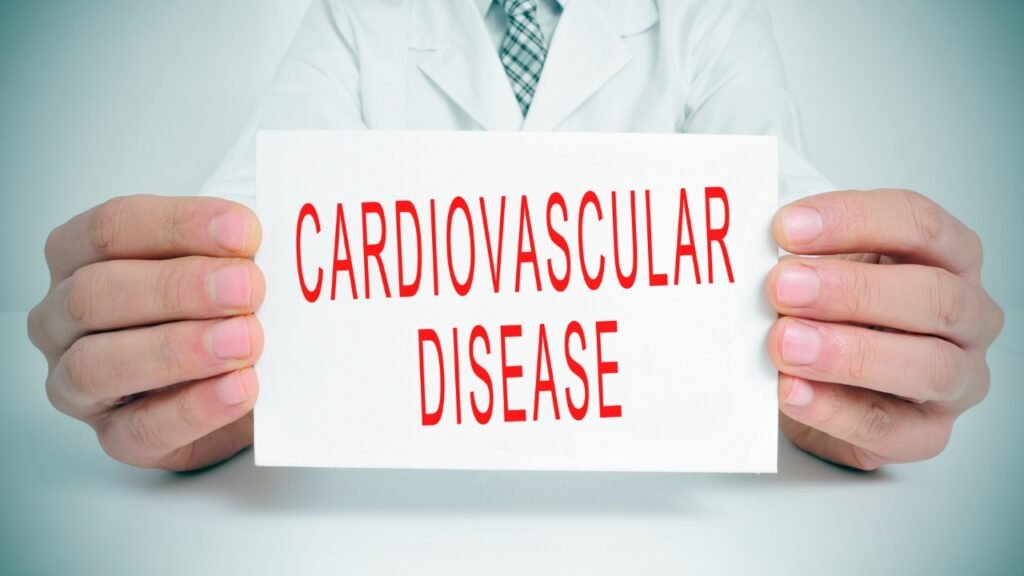
A study at the American Heart Association Conference in March 2024 suggested that people who have an eight-hour time-restricted eating period had a 91% higher risk of cardiovascular diseases compared to people who eat for 12-16 hours per day. It should be kept in mind that this is an observational study, and hence, more details are needed, but this is a caution.
Not for everyone:

Intermittent fasting should not be taken into consideration by all groups of people, such as older adults, children, adolescents, individuals on medication, and people who perform rigorous exercise.
Intermittent fasting can be regarded as a useful weapon for weight management and health improvement for those who can easily stick to continuous calorie restriction, hence aligning with the idea of giving your body a break from digestion, but it is important to consult with a healthcare professional to determine if it is safe for you and how it should be implemented healthily.


 English
English 






